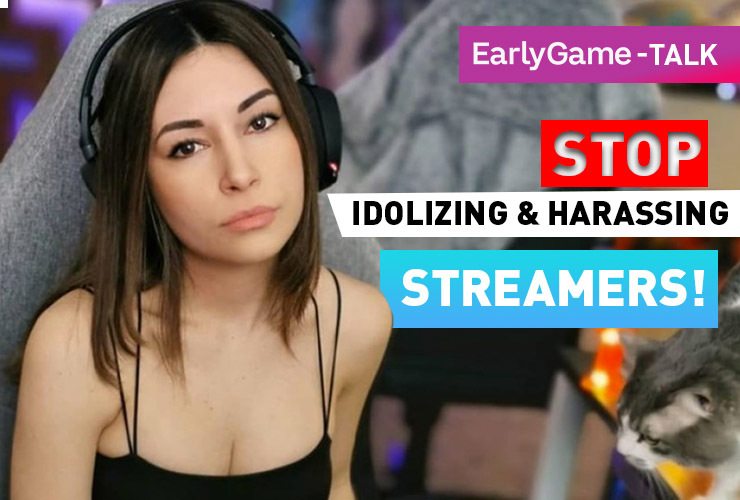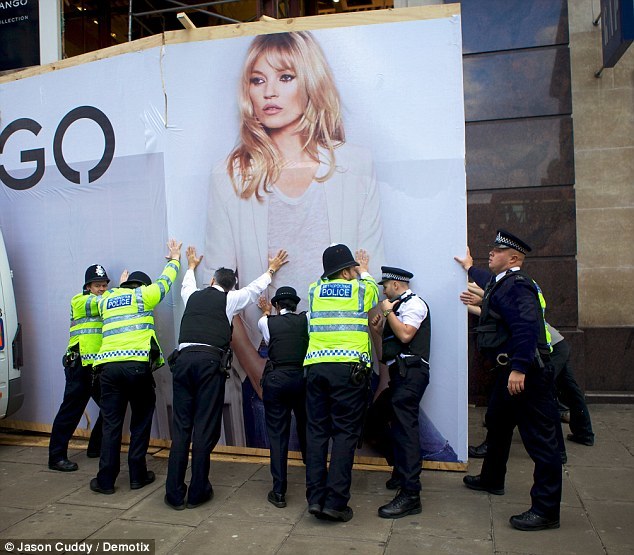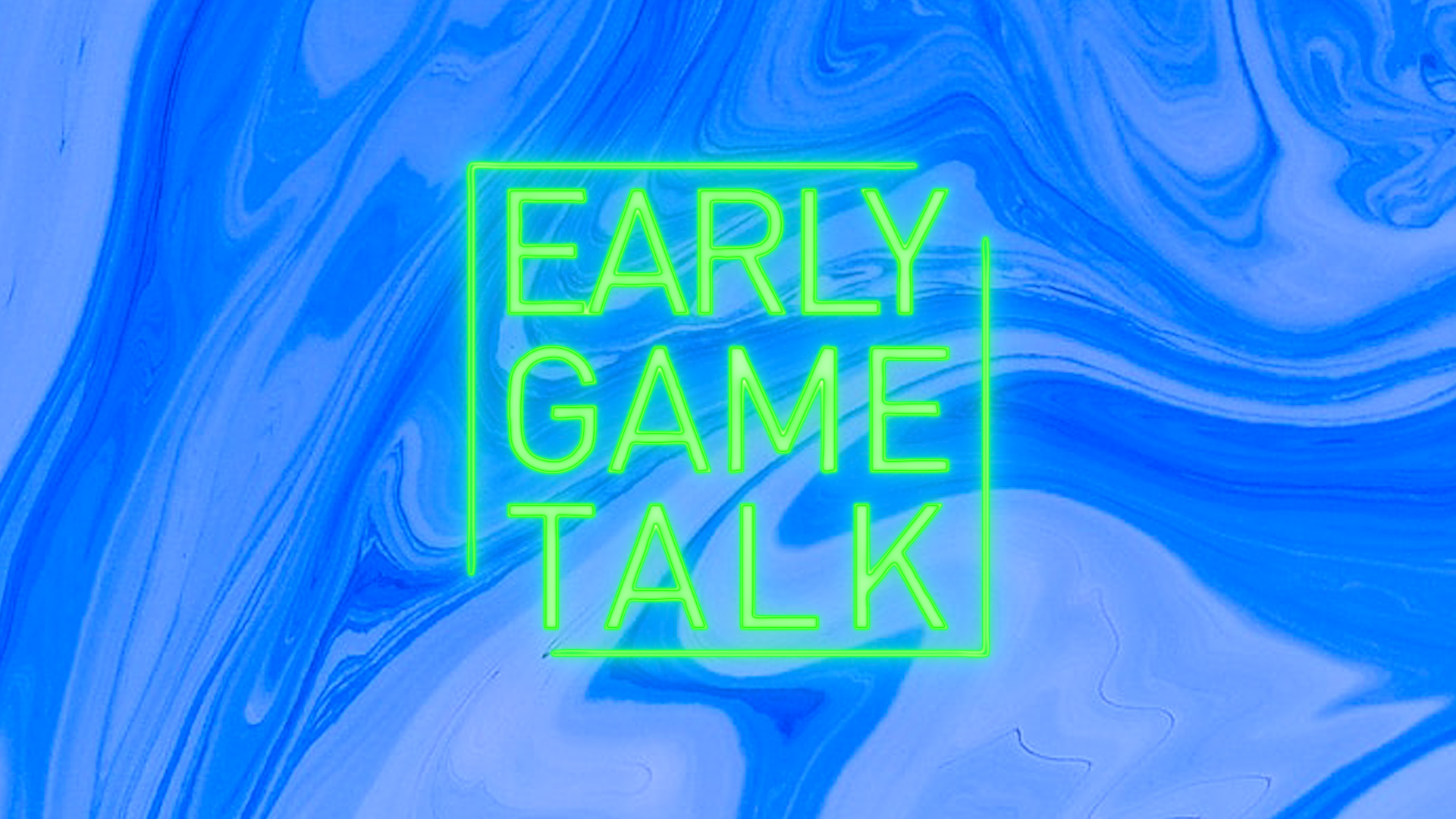
In mythology, people like Hercules, Achilles, Perseus, and Theseus were revered as demigods, had statues built for them, stories shared, and were often more popular than the actual gods.
Why?
Because there was a human side to them. They felt more approachable. Some real-life figures even ascended to the status of deities, as their stories were mythified, such as Mother Theresa, Gilgamesh, Buddha, and, yes, Jesus of Nazareth.Back then, sharing stories of legend was the ancient times equivalent of TV and these figures the equivalent of celebrities.
Did I just call Jesus a celebrity? Yes, yes I did. We’re off to a good start today.
Rather than having the bible written about them, contemporary famous people have merchandise and social media or even small cults instead of statues and, honestly, celebrities these days are front, side, and center. They have become larger than life. And that’s the problem:
'Larger than life.'

What a dangerous statement and label, especially when you apply it to young people.
Now, this is where we swing this around to gaming:Gamers have undergone quite the metamorphosis. They went from being ‘fat’, ‘skinny’, ‘nerdy’ & ‘uncool’ to being ripped, busty, charismatic, confident fashion killers with millions on their bank accounts.
They are the new celebrities. They have incredible reach while being only 18-20-something years young. Now, I know a lot of young folks don’t like to hear it, but this is still an age at which you develop into a full adult. Fame of that scale at that age is… dangerous.

That kind of reach, that kind of platform. The pressure of being liked, being entertaining, being in the public eye. It has an effect on a developing psyche and, what’s more, it sounds stupid to have to say, but: These people are mere humans. They are real - very real people.
We forget that.
We elevate and mythify them, but unlike Hercules or Perseus, unlike James Bond or the Terminator, these are not played roles or mere stories. When you’re interacting with Ninja, you are also interacting with Tyler Blevins. Not a statue. Not a role. Not a myth. A real person. When you were interacting with Reckful, you were also interacting with Byron Bernstein. So when people were telling Byron to kill himself in a live stream…
People you were telling a real person to kill himself!
This is not an act. This is young man, who is logging into his daily job. Which just so happens to be entertainment for anonymous masses that have been so desensitized by mass-mainstream entertainment that they forgot this is direct interaction. This is, by all accounts and purposes, very real bullying and those responsible should also be held accountable.
Streamers are not deities. They are real people and very, very young ones at that.
It becomes so easy to blur the lines and forget that. We often forget that even the beautiful and wealthy are mostly just… like the rest of us. 26-year-old streamer Ohlana committed suicide in 2020 and one aspect that just can’t be overlooked - as it blatantly stands out - are her good looks.

That appearance combined with a 100k reach on Twitter and a successful career at just 26 makes it easy to forget that this is a real person with real problems. Appearance and reach are not some impenetrable armor. Yes, they are not starving. Yes, they are not at war. But if we go down that road, there is always someone that has it worse. Einstein was onto something when he said it’s all relative. Relative problems are real problems and the 'rich & beautiful' also have them. And this is another fallacy with streaming:
A streamer literally lives off of attention. Any action that garners that is automatically a gain for their brand. So, when Ohlana was stating that she “needs love” with a sad emoji, it was all too easy to pass it off as a privileged, genetically favored woman claiming she needs love and translate it like this ‘goddess’ encouraging ‘simps’ for devoted messages to attract attention. We fail - or in her case, we tragically failed- to see that this was an actual cry for help and a need for love.
More EarlyGame Talk:
- Game More, Love More, Hate Less
- Twitch, Money, Sex and Female Streamers
- Having Fun Is Not a Waste of Time
Behind all the flash, all the glamour, in streaming particularly, the barrier is almost non-existent. The contact and interaction is direct. Now I am not saying, it should all be flowers roses and multi thousand dollar donations, no. Idolizing and mythifying these people without question is unhealthy in any regard. Arguably a 21-year old doesn’t need teenagers buying his or her first Lamborghini with change to spare. That’s such an extreme high for a developing personality, that the low inevitably has to have a similar extreme. That’s why people that young having a platform and power that large is so dangerous:, because audiences justify extreme negativity by pointing at these extreme highs and streamers obvious qualities:
'She has trillions of followers, she’s beautiful, he’s ripped and he’s rich, so… they can take a little hate.'
What a dangerous, unbalanced thinking this is. Highs do not justify the same extreme on the negative side. We need to balance the scale.
Streamers are not gods. They are real people.
They are not statues that we can build up to then vandalize with no real emotions being affected.






























